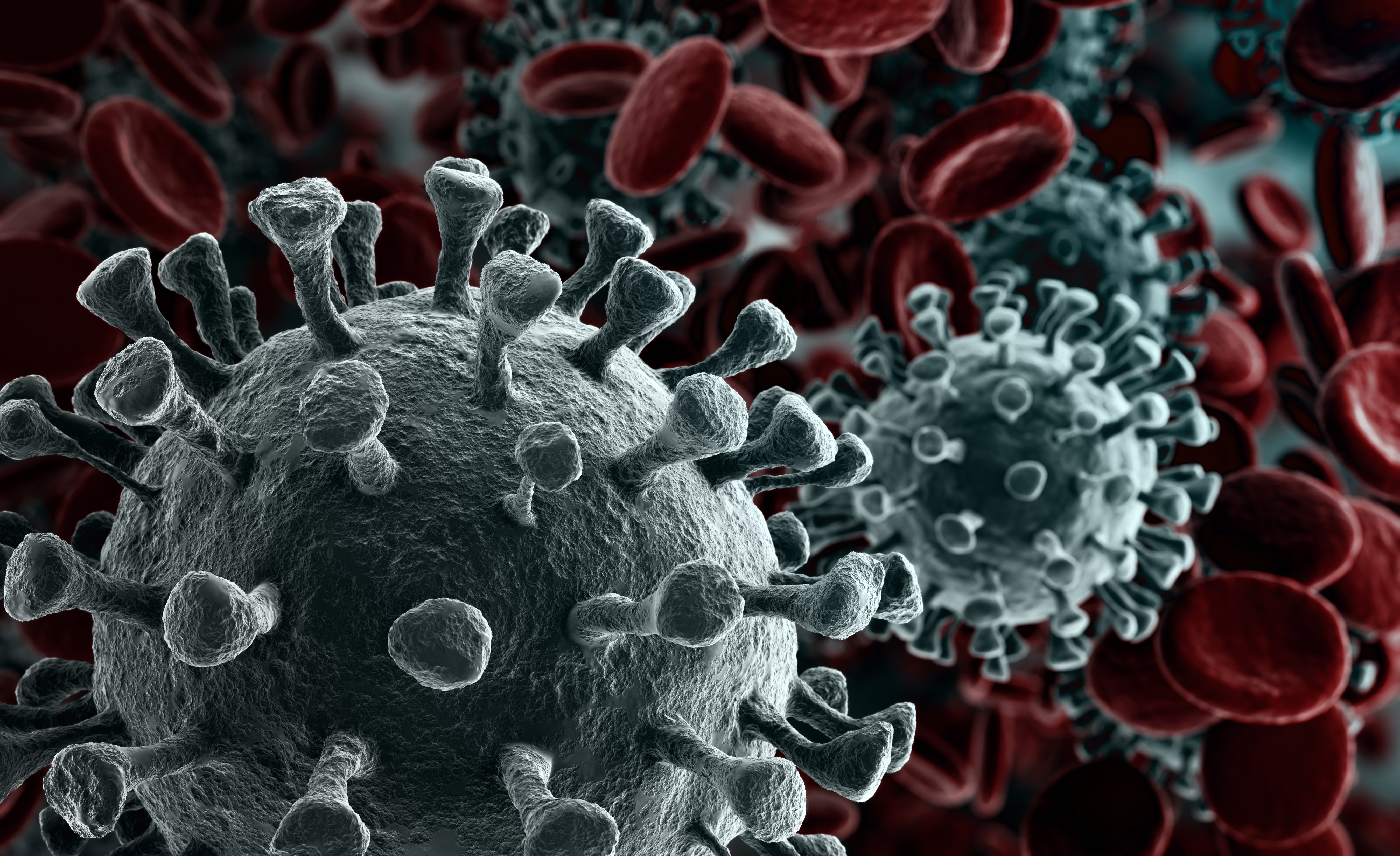 3D rendering Coronavirus 2019-nCov novel coronavirus
3D rendering Coronavirus 2019-nCov novel coronavirus
NCDs are responsible for about 71% of all deaths globally, but in Kenya, the pandemic has put extra pressure on people’s already limited access to primary health care. As the World Bank helps countries respond to pandemic-related challenges in record fashion, the importance of rapid and decisive action to contain health risks posed by COVID-19 cannot be overstated. This is being exemplified by Morocco -despite limited health resources, early and decisive measures curbed the spread of the coronavirus, resulting in one of the lowest fatality rates worldwide. Meanwhile, low health spending in Latin America and the Caribbean is impacting the region’s ability to respond to the crisis.
Allies in a battle against non-communicable diseases in Kenya | Blog
NCDs are projected to be the leading cause of death worldwide for countries at all income levels, though low- and middle-income countries are least prepared to combat them. In Kenya, the World Bank and Access Accelerated currently support an initiative that aims to prevent or manage diseases like hypertension, diabetes, and breast and cervical cancer. With the emergence of COVID-19 (coronavirus), face-to-face engagement has been scaled down significantly.
Rapidly responding to an unprecedented crisis: The World Bank response to the COVID-19 pandemic in Europe and Central Asia Region | Visual Story
Over the last several months, the World Bank has provided around $1.5 billion to help countries around the region address pandemic-related challenges, including boosting their health systems capacity. In the Kyrgyz Republic, for example, this has meant the purchase of medical equipment, personal protective equipment, test kits, medicine, and ambulances, as well as 20 mobile medical teams in the capital that respond to potential cases of infection.
Innovation and sound policies are critical to protect people during the crisis | Blog
Without rapid, decisive, and coordinated action, the COVID-19 crisis threatens to pose a huge setback to hard-won gains in human capital. For example, if essential health services are reduced by around 45% for six months, which would be similar to the impact of the Ebola pandemic, it could result in over a million child deaths and over 50,000 additional maternal deaths in low- and middle-income countries.
Morocco: Stepping up to the COVID-19 pandemic outbreak | Feature Story
Over three months into the crisis, Morocco has one of the world’s lowest fatality rates, and 90% of cases have recovered. By imposing strict lockdown rules, Morocco managed to contain a wider spread of the epidemic, sparing the health system and its 9,200 public sector doctors from severe stress. Still, COVID-19 has posed multiple constraints on the Ministry of Health’s limited resources and Morocco’s public spending on health remains relatively low compared with regional peers.
Health spending in Latin America & the Caribbean (LAC) was about USD 1,000 per person in 2017, only one quarter of the amount spent in OECD countries. At the same time, health systems’ capacity is also considerably lower, including the ability to provide access to services of good quality for the most vulnerable groups. Much is needed to improve the efficiency, effectiveness and targeting of health spending.


Join the Conversation